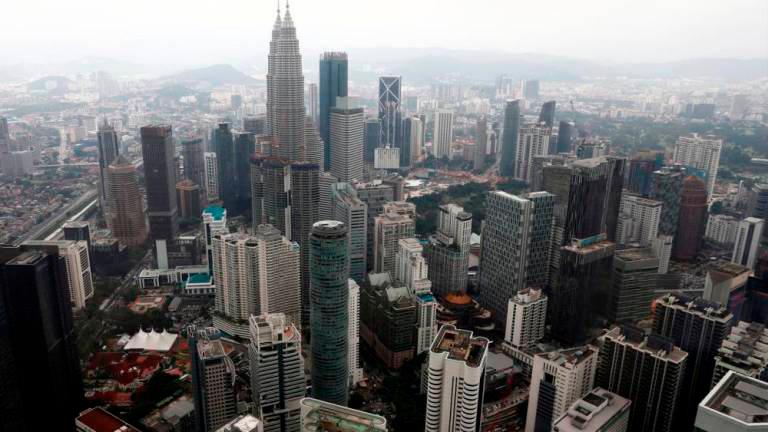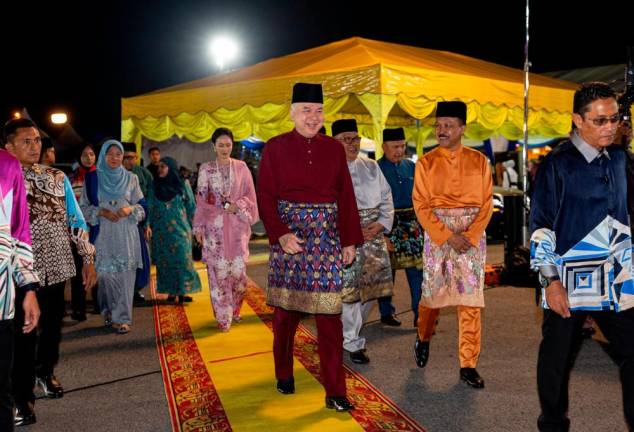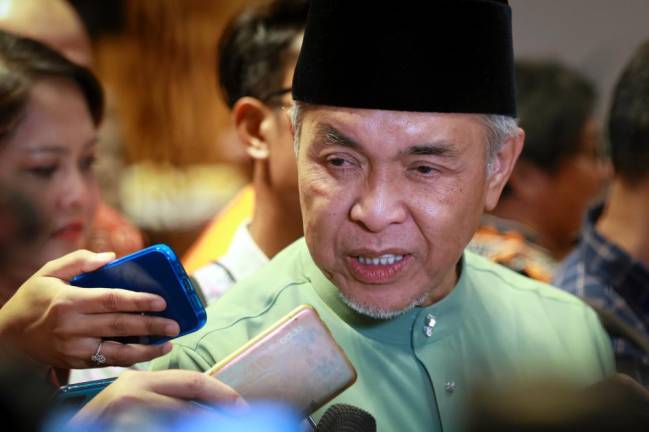PETALING JAYA: Political stability and unbiased governance will be key for Malaysia to become a high-income economy in the next two decades, economists pointed out as the world comes to grips with the economic downturn caused by the Covid-19 pandemic.
In expressing his doubts about Malaysia being economically progressive, former Bank Negara Malaysia deputy governor Sukudhew Singh said we are hampered by loss of economic dynamism and slower growth, weak productivity growth, poor fiscal management, and less social cohesion after repeated failures of politicians to meet social and democratic challenges.
“Not addressing these adverse trends may not only jeopardise Malaysia’s opportunity to become a high-income nation, it may even lead to the nation regressing from where it is today,” he wrote in a LinkedIn post on Nov 18.
The former independent director of Khazanah Nasional Berhad said the Malaysian economy had been creating enough jobs to keep its people employed, and many jobs are not high skilled enough to ensure a productivity level that would result in high incomes.
Economist Dr K. Kuperan Viswanathan agreed with Sukudhew that political self-interest has adversely affected the country.
“We were supposed to be a developed nation by this year, but we have already lost it. We are still a struggling middle-income country, beset by disparity, political and consensus issues,” he told theSun yesterday.
Kuperan pointed out a leadership problem that has stumped Malaysia. Two changes in the ruling coalition from the Pakatan Harapan and Perikatan Nasional government have resulted in policy changes since 2018, while the Covid-19 pandemic made things worse, he added.
The International Monetary Fund had recently reported that the global economy will shrink by 4.4%, which is the worst plunge since the Great Depression of the 1930s.
Malaysia can improve, provided the politicians do their part to be transparent, he said.
“They must be willing to talk about the distribution of income, and recognise how people are affected. Say things openly. They must show they are not supporting any group or race and do that with conviction.”
Economist professor Barjoyai Bardai said while Malaysia is lagging a little economically, the country has the potential to recover.
“We are fortunate we are moving towards the Industrial Revolution (IR) 4.0 where we are forced to migrate by up-skilling to improve productivity.
But improving manpower skills is not enough. We need 30-40% of workforce from the employment sector to move into entrepreneurship,” he said.
“They will be offering more services to more than one client, and this will push the household income from the lower income beyond the middle income group.”
The fourth IR is aimed at automation and artificial intelligence that will make certain groups of employees redundant and replace them with workers with the needed skills to get the job done.
Barjoyai cited China as an example as the country has pushed 400 million people from the poverty line to the middle class.
“This should be motivation for Malaysia to move forward.”
He also said Malaysia’s economy is politically inclined, which allows politics to not only mingle but overtake and control the economy.
“A lot of public listed companies are government controlled, business decisions are made by politicians.
“It’s healthy if it’s done transparently, but when there is a personal agenda involved, it creates unnecessary impact to the economy.”










